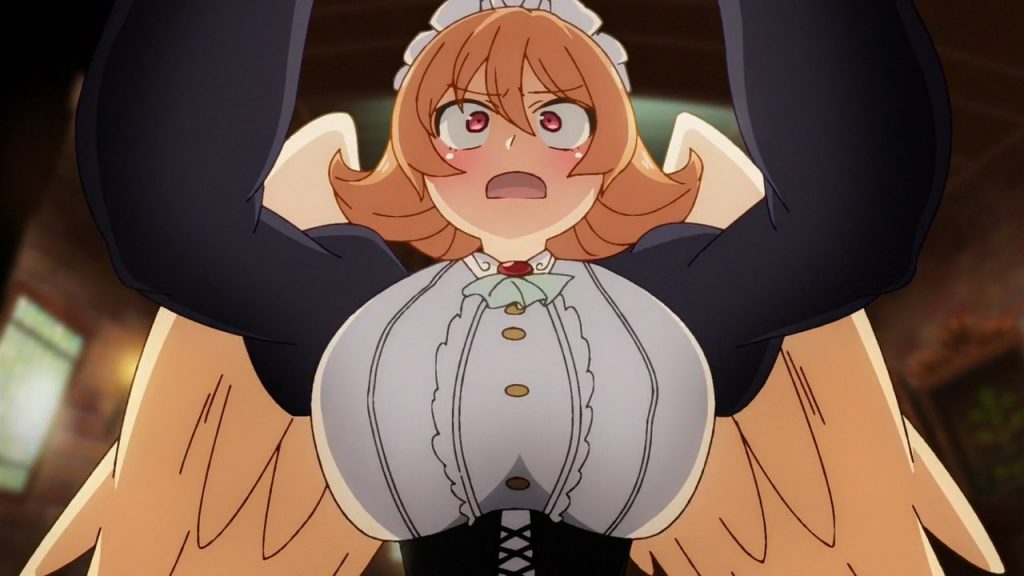Back in early 2020, Funimation decided Interspecies Reviewers violated their standards. They halted their translation and removed the show from their streaming service.
Problem is, they have the exclusive license to it, so once streams of it started popping up on sites like PornHub, Funimation was empowered to take them down, effectively barring anyone from seeing it.
Which is to say: If Funimation can’t stream it, nobody can.
Could what happened with Interspecies Reviewers have been prevented? Can it be prevented from happening to another anime? I’ve been thinking about that. Maybe this wouldn’t work, but it’s an idea.
When an anime is licensed to the US, the license is exclusive. That is to say, only one company can distribute that anime legally. But nothing about the nature of licensing itself requires a license to be exclusive. TV syndication is an example of this.
Obviously companies want exclusive licenses. It’s easy to sell a product people want when your company’s the only one selling it. Unless I want to import, the only way I can buy the Kantai Collection anime is through Funimation. Sentai Filmworks doesn’t have their own version I can buy instead.
But what if they did?
What, besides the desires of marketing firms, is preventing Japanese rightsholders from issuing non-exclusive licenses?
When a company like Funimation or Sentai Filmworks buys a license, they pay the rightsholders a fee. That’s called a “minimum guarantee.” It’s the baseline “licensing fee.” On top of that, the licensing company also pays a percentage of each sale.
No doubt rightsholders wouldn’t mind getting paid in that way from two or three companies.
It’d be better for the consumer, too. If multiple companies had rights to Interspecies Reviewers, it might have forced Funimation to stay the course with it, or else lose out to another company’s version. Not to mention it would make companies think twice before doing something like what Funimation did with Prison School or Miss Kobayashi’s Dragon Maid.
It would put licensing companies in real competition. Rather than which company has the anime you want, it’d come down to which company has the better release.
Who translated it better?
Whose BD release has the better features?
Company B released it sub-only and it’s cheaper.
Maybe Company A paid extra and got the rights to release a limited edition set.
We’d get to know what consumers actually want from their anime companies. It’d put licensing companies in a tough spot, but if you ask me, exclusivity is what you sell on when you’ve stopped putting effort into making a better product.

Pingback: Why Nobody But Sony Wanted Crunchyroll » Otaku Entrepreneur